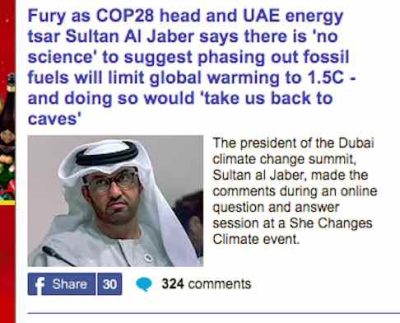
3 LA Wildfires “Caused” by Faults on Grid
The number of faults on the power grid near three of the major Los Angeles County fires skyrocketed in the hours before the blazes began, according to Whisker Labs, a company that monitors electrical activity. This new evidence is raising serious questions about the role of the electrical grid in sparking the devastating wildfires that have ravaged the region, suggesting that the grid itself, not just extreme weather, is a major culprit behind the fires.
Bob Marshall, the chief executive of Whisker Labs, spoke exclusively to The LA Times, revealing that the areas near the Eaton, Palisades, and Hurst fires all saw massive increases in faults in the hours leading up to the fires. These faults—caused by everything from tree limbs hitting power lines to wires contacting each other—create sparks that can quickly ignite dry vegetation, setting off catastrophic wildfires in a matter of minutes.
It’s a chilling reality that we have seen unfold time and again: poorly maintained power lines, combined with nature’s fury, lead to a deadly combination that fuels the flames of these modern-day infernos. And the recent findings by Whisker Labs suggest that this very scenario played out in the heart of Los Angeles County.
3 key questions that need to be answered:
Why Didn’t They Turn Off the Power?
Can Insurers Sue the Utility Companies?
Are the Executives Facing Jail Time?
The Perfect Storm of Fire and Power Lines
Let’s start with the Palisades Fire, which has already become one of the most destructive fires in the history of Los Angeles. It spread l across 17,000 acres, destroying more than 5,000 homes, and was fanned by the notorious Santa Ana winds. Winds topping 100 mph created the perfect storm, but what many don’t realize is that a crucial piece of the puzzle was the power lines.
According to Whisker Labs,by the time the fire began to spread like an uncontrollable beast, power lines were already sparking in the area. A similar pattern was observed in the days leading up to the fire, with faults in the power grid reaching dangerous levels just hours before the inferno took hold.
The pattern is clear: the power grid is malfunctioning in the worst possible way, creating a situation where something as simple as a tree branch falling on a wire can trigger a wildfire. And when the winds pick up, those sparks become an unstoppable force of nature, fueled by dry conditions and a climate increasingly prone to extremes.
In October 2017, 250 square miles burned in Northern California, destroying 6,000 homes and businesses and killing 44 people. For now, over SEVEN years later – the cause of these fires has not been determined. The private utility company Pacific Gas and Electric, known to Californians as PG&E, is under investigation. Total damage for the Northern California wildfires comes to $9 billion. PG&E has started stockpiling cash…




 The only real unifying factor is location; these are houses without access to traditional services or facilities, and are said to have a special and intense relationship with their surroundings.
The only real unifying factor is location; these are houses without access to traditional services or facilities, and are said to have a special and intense relationship with their surroundings.






